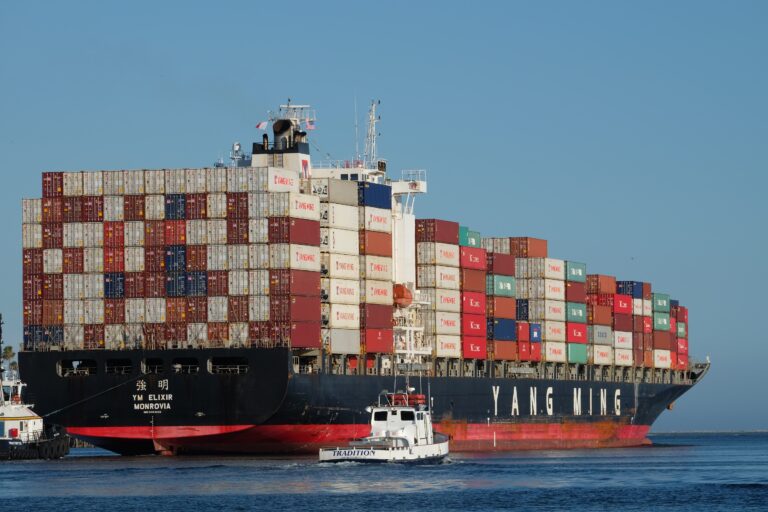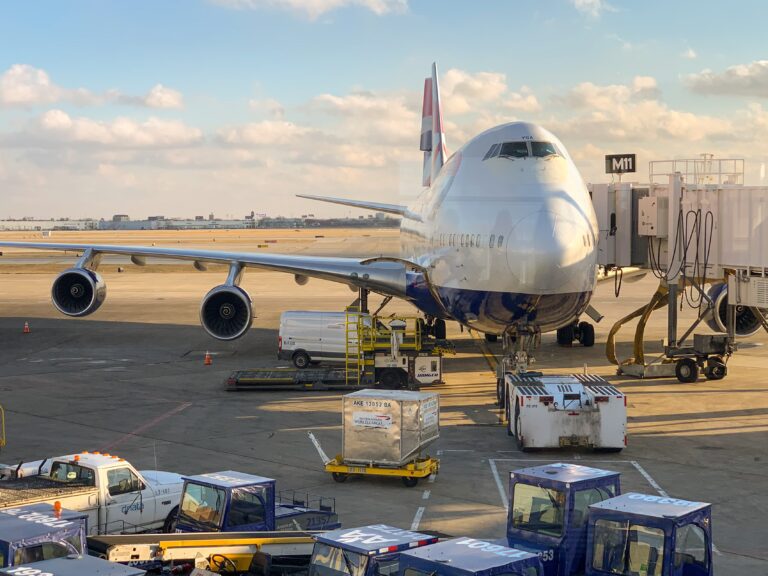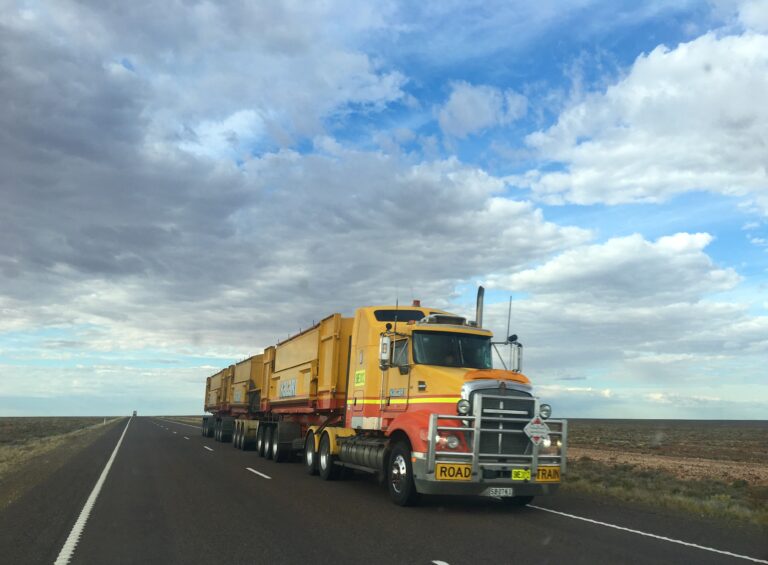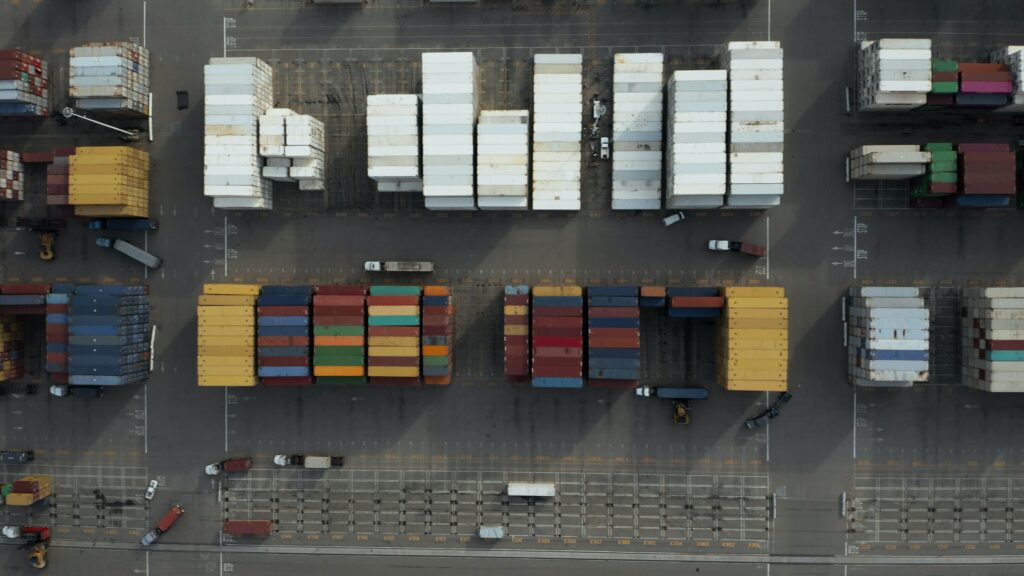Freight forwarding is the process of moving cargo by freight transport companies from the point of origin to a destination, whether that cargo is being carried as ocean freight, air freight or truck freight. Freight forwarding companies are responsible for the pickup, transportation and delivery of cargo to the final destination so long as it is within their geographical reach.
Government agencies often regulate Freight Forwarders in order to ensure that they follow all regulations set forth by these regulatory bodies. These agencies may also have power over what types of cargo can be moved or how much weight can be transported at one time by any given company. This type of regulation is typically safe for both the customer and those who handle their goods during transit. It’s also important to know that freight forwarders don’t own the freight they transport. They are simply responsible for picking up and transporting cargo from one place to another.
Types of Freight Forwarding
Freight Forwarders are typically categorised based on the freight they handle. Ocean freight is the freight that is transported across oceans. Air freight is the load that makes its way to its destination via aircraft, and truck freight being transported by land makes its way across the country in big rig trucks.
1. Ocean Freight Forwarding

Ocean freight forwarding is a forwarding service that specialises in the transportation of goods via ocean. Ocean freight services are typically used for anything too large, expensive, or time-sensitive to carry via air. Although it takes longer to reach its destination than air freight, ocean freight costs less and offers the ability to have a wider variety of cargo.
2. Air Freight Forwarding

Air freight forwarding is the freight service that handles cargo when transported by air. Freight forwarders deal with the shipment of goods over large distances and often through multiple modes of transportation. They take responsibility for the shipment from the point it leaves one country to the point when it arrives at its destination in another country.
Air freight forwarding services can consist of shipments such as parcel deliveries, non-machine freight and machine freight. Common items shipped by air freight include automobiles, electronics, clothes, food, machinery, or parts used in manufacturing.
3. Truck Freight Forwarding

Truck freight forwarding is a service specialising in setting up cargo movement by truck between locations. The freight forwarder will use their networks of individual vehicle owners and transport companies to move freight from place to place.
Truck freight forwarding is a specialised service. Therefore it tends to be used for specific types of shipments or goods. Typically truck freight forwarders use refrigerated trucks and can carry temperature-sensitive goods or high-value heavy items.
Functions of a Freight Forwarder
Freight forwarders in the freight industry are the representatives of a shipping company. They work with freight companies and freight agents to provide support for shipment transactions. One of their primary responsibilities is to arrange freight on behalf of their customer. This includes coordinating the freight shipment, providing a freight bill, handling customs clearance, and more. Freight forwarders also have a lot of responsibility for handling freight claims. This includes inspecting shipments at the destination and resolving any disputes with carriers or consignees.
Freight forwarders are responsible for audit services. This includes freight weighing and metering for shipments with heavy or bulk cargo. Freight forwarders also handle the storage of goods and distribution in some cases. For example, a freight forwarder can arrange transportation from the manufacturer or importer to a retailer’s warehouse. A freight forwarder also handles distribution and freight consolidation when required.
The freight forwarder handles shipment documentation in some cases. This includes customs clearance documentation, import/export documentation, and more, depending on the shipping mode. Freight forwarders make sure that freight shipments are packaged and labelled properly. Freight forwarders also ensure that goods are kept at the proper temperature during transport. They make sure freight is handled with care, avoiding damage or pilferage.
Final Thought
Freight forwarders are not a “one-stop-shop” for all your transportation needs. Instead, many freight forwarders work closely with freight brokers or agents who communicate between freight forwarding companies and customers. This can be beneficial to both parties in terms of pricing as well as customer service. Additionally, some smaller shippers may find it more convenient to hire one company rather than juggling multiple relationships at once. If you’re unsure which type of business would best suit your shipping needs, we recommend reaching out to us so we can help answer any questions and provide you with guidance on what’s right for your specific situation.
Related posts
- 7 Latest Freight Forwarding Trends In 2024
- Top 12 Freight Forwarding Companies In Delhi
- Top 10 Ocean Freight Forwarders In India
- Top 10 Latest Supply Chain Trends In 2024
- Advantages and Disadvantages of Air Freight Shipping
- Top 10 Logistics Trends To Look Out In 2024
- Air Freight Vs Sea Freight: Which Is Best For Your Cargo?
- Understanding Merchandise Export from India Scheme (MEIS)
- 7 Proven Ways To Improve Your Supply Chain Management (SCM)
- 5 Major Issues Faced By Supply Chains
- 7 Key Objectives Of Supply Chain Management (SCM)
- List Of 11 Best Logistics Companies In India
- Advantages and Disadvantages Of Ocean Freight Shipping
